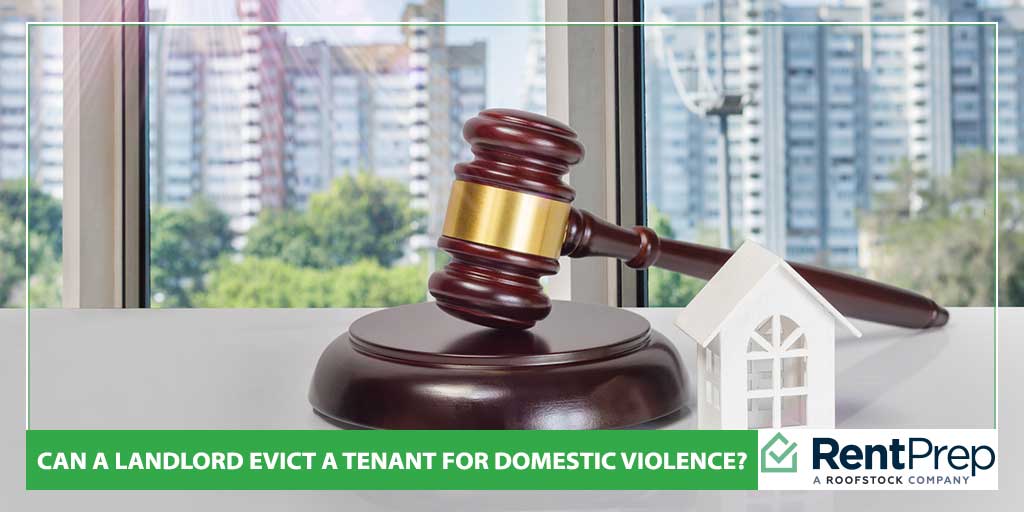
According to the Bureau of Justice Statistics (BJS), domestic violence accounts for approximately one in every five violent crimes nationwide. Seventy-seven percent of these encounters take place at or near the victim’s home. With millions of adults renting homes and apartments nationwide, landlords need to know their responsibilities when it comes to domestic violence – especially if a tenant is the victim.
For landlords nationwide, the Violence Against Women Act (VAWA) sets certain limits on how they may treat victims of past or ongoing domestic violence. Many states also have statewide or local rules that also affect tenants who suffer domestic abuse or other crimes.
VAWA and Landlords

Under VAWA, a landlord cannot:
- Refuse to rent to an applicant solely because the applicant is, or has been, a victim of domestic violence, dating violence, or stalking.
- Evict a tenant who is the victim of domestic violence, dating violence, or stalking because of threats or violent acts committed against the victim – even if they took place on the property, and even if they were inflicted by a household member or a guest.
- Hold a tenant who is a victim of domestic violence, dating violence, or stalking to a higher standard than other tenants in any way (noise, damage to the rental unit, etc).
However, if you have a tenant who is a victim of domestic violence, you can proceed with an eviction if either of the following circumstances exists:
- The violence poses an actual or immediate threat to other tenants or employees if the victim is not evicted, or
- The tenant has violated the lease in a way that is not related to domestic violence, and you would evict any other tenant who committed the same violation.
If a tenant asserts his or her rights as a domestic violence victim under VAWA, a landlord may ask for certification that the person is a victim of domestic violence. This request must be made in writing and give the victim at least 14 business days to gather documentation. HUD-approved forms, statements from attorneys or medical providers, and police or court records must all be accepted under VAWA.
Landlords are not required to have documentation, however; you may choose to trust the tenant’s statement alone.
Whether or not you ask for documentation, remember that all information related to domestic violence that you receive from a tenant must be kept confidential. Do not share the information unless the tenant provides written permission or you are required by law to share the information, such as during an eviction proceeding or criminal case. Talk to your attorney if you have specific questions about confidentiality.
Tenant Abuse: How to Protect a Tenant Who is Experiencing Domestic Violence
In order to protect both tenants and property, landlords have the power under VAWA to split a lease in order to evict an abuser from a household while allowing the abused family members to stay in the rental. However, you may not punish the remaining tenants in any way, and you are required to follow all federal, state, and local laws when carrying out the eviction. If you must evict one household member in a domestic violence situation, it is wise to talk to an attorney.
Sources: BJS.gov, Whitehouse.gov

